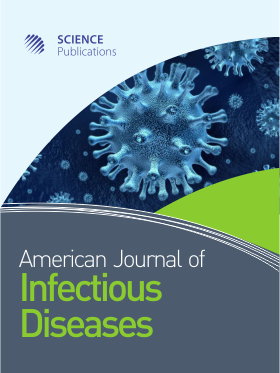Molecular Mechanisms for Altered Glucose Homeostasis in HIV Infection
Abstract
A complete understanding of the molecular mechanisms leading to HIV-associated insulin resistance remains elusive. Complex interrelationships between genetic predisposition, disease-related body changes and multidrug therapy all contribute to alterations in glucose homeostasis. These abnormalities can be differentiated between acute and reversible changes directly induced by HAART medications and more chronic and less reversible changes due to the development of lipodystrophy and hyperlipidemia. Implicated pathways include changes in adipokine secretion, insulin signaling, lipid homeostasis and disease-related increases in inflammatory mediators. The insulin responsive facilitative glucose transporter GLUT4 is the first molecule to have been identified as a direct target of HIV protease inhibitors. Efforts to elucidate the mechanisms directly responsible for the evolution of insulin resistance during HIV infection and therapy will be greatly assisted by the further identification and characterization of direct molecular targets amenable to pharmacologic therapy and/or the development of newer antiretroviral agents that do not adversely affect these target proteins.
DOI: https://doi.org/10.3844/ajidsp.2006.187.192

- 3,686 Views
- 2,597 Downloads
- 20 Citations
Download
Keywords
- HIV infection
- molecular mechanism
- homeostasis
